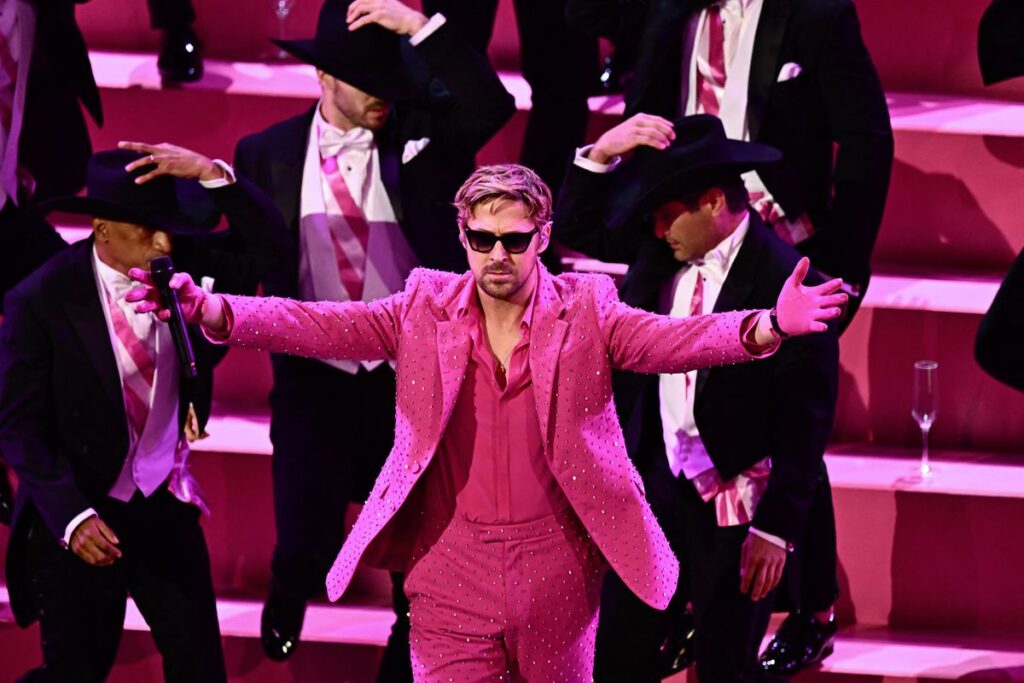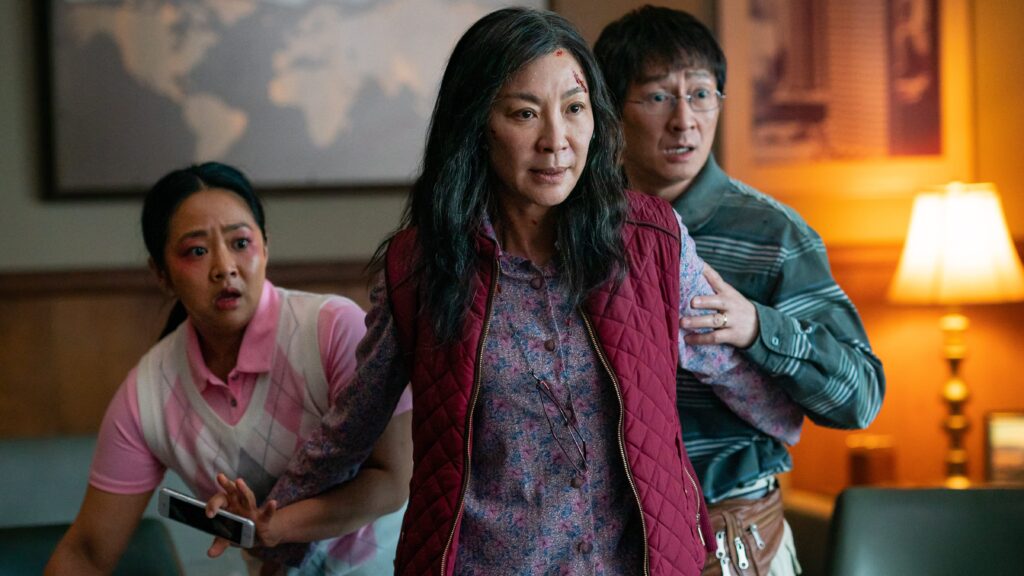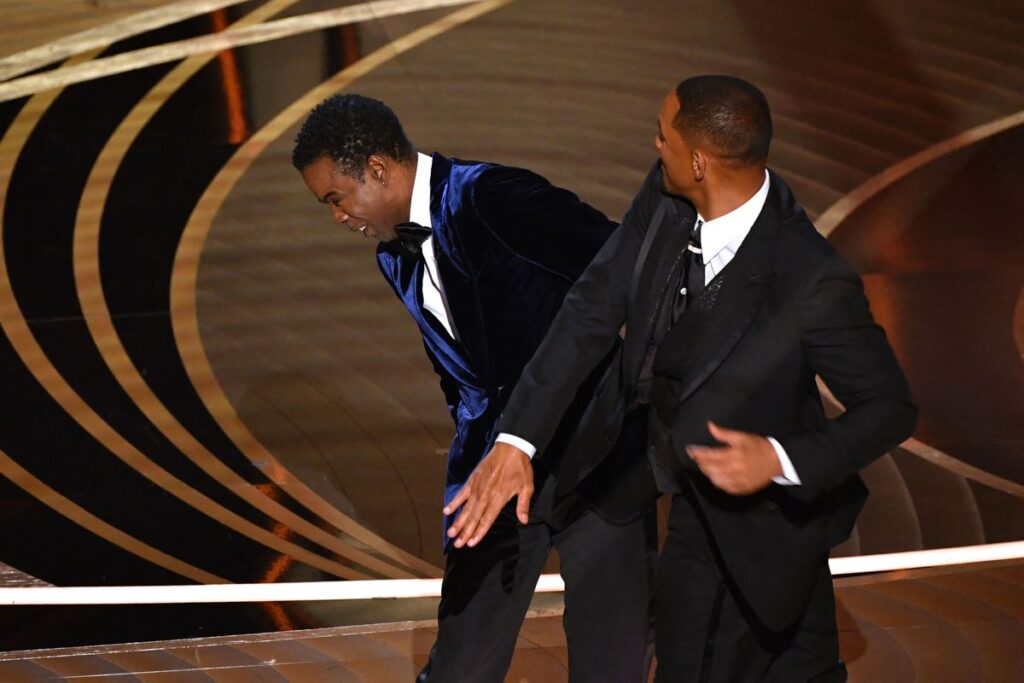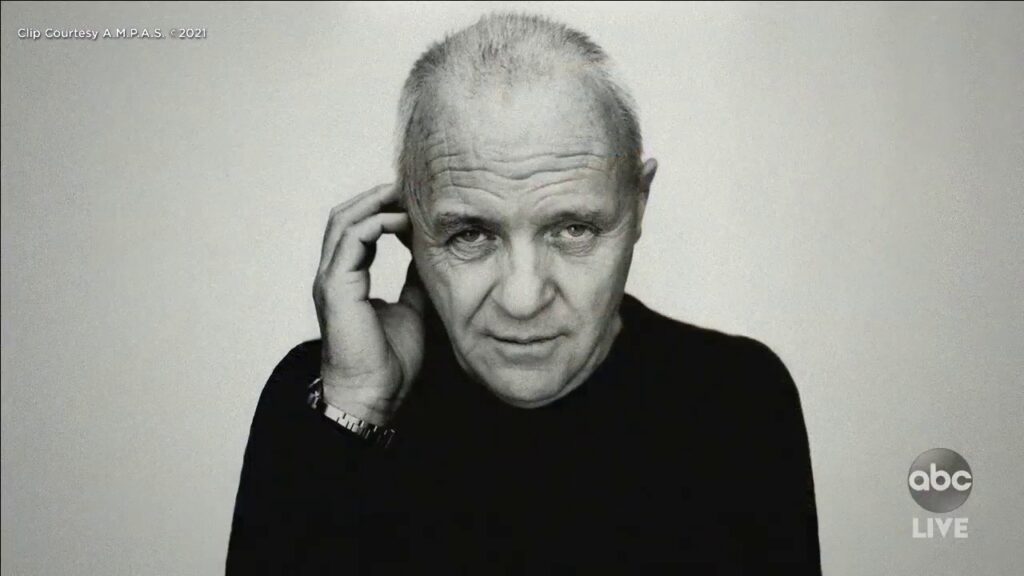Oscars 2024: At a Sturdy Ceremony, a Daring Victor

The internet demands extreme reactions; favored adjectives include disastrous, extraordinary, loathsome, and life-changing. This tends to chafe with my obnoxious penchant for suggesting that most things are Fine. So this year, I’ll do my best to deliver a hot take and proclaim that this year’s Oscars were… pretty good! They were not exceptional; most of the speeches were dull, the songs were a bore, and the lack of clips/footage was infuriating. But while Conan O’Brien initially seemed to be pulling the tedious shtick of complaining that the nominated films weren’t “popular” enough (I groaned when he mocked the length of The Brutalist), his overall vibe proved positive, earnest, and charming; no single movie was the butt of his jokes more than he was himself. His general enthusiasm infected the rest of the show, which had the feel of a playful, buoyant get-together. If Hollywood’s celebrities indulged themselves while the world around them burned, at least they had a good time and let us vicariously share in their joy.
As for the awards themselves, in one sense the Academy spread the wealth; eight of the 10 Best Picture nominees scooped up at least one trophy, with five of them scoring multiple victories. But the night belonged to Anora. Yesterday, I noted the oddity of my predictions, which pegged Sean Baker’s odyssey to win the top prize but only one additional Oscar; I knew that I’d be wrong, but I wasn’t sure which way. Happily, my favorite of 2024’s contenders went on a spree, winning five of the six categories it was nominated in. The sands of history will decide how this quasi-sweep is perceived, but in the moment, I’m very pleased for one of the year’s most enjoyable and poignant movies.
Per tradition, let’s run through the categories in their order of presentation and see which ones I messed up: Read More




